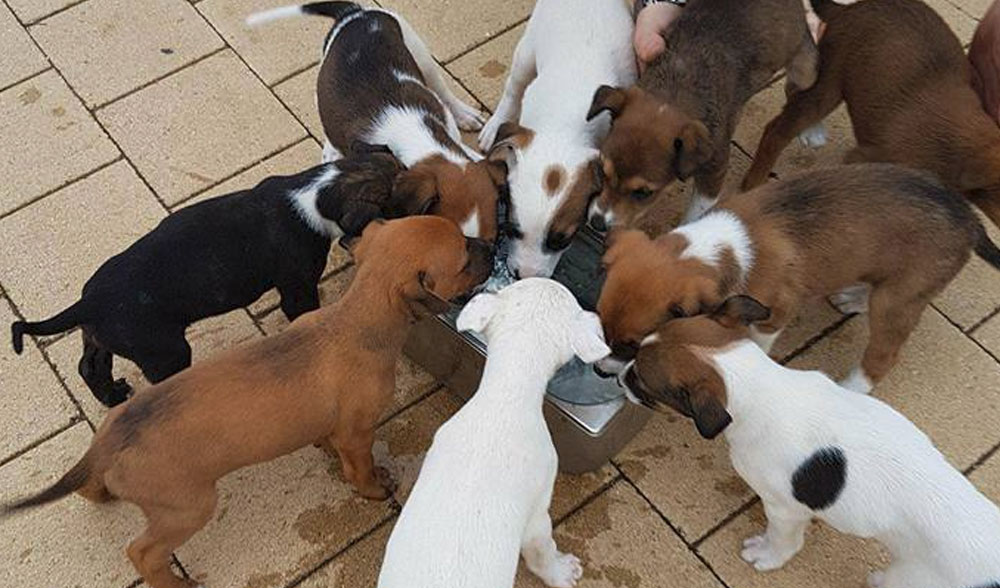-
Make sure all animals for adoption are vaccinated (at least one vaccination for puppies) microchipped, wormed and flea treated. If de-sexing has not been done make SURE you have it, in writing that it will be done at X vets, by a certain time/age. The adoption fee covers this procedure and it is vital to follow this up. It is State law in SA that all dogs and puppies born from 1/7/18 be de-sexed by 6 months of age, and microchipped. If not done, ask why, and only VETS can give extensions to the time frame of de-sexing, which must be lodged with DACO.
-
Ask to see the kennels if the dogs are kept in that environment, or where cats/kittens are kept in a home environment or cattery. Be wary if repeated requests to visit are denied.
-
If conditions where ANY rescue animals are kept are very dirty, smell bad, the animals look unwell or are unusually scared, walk away. You can report to the RSPCA and the council the rescue is based if you believe there are animal welfare issues.
-
Sometimes, they are very busy and may not get back to you straight away if you contact re a dog/cat, but within 48 hours of an enquiry, you should expect a reply of some sort. Constant lack of communication is not a good thing.
-
The rescue should have a reasonably comprehensive application form, and a written ( printed) agreement upon adoption/trial of the dog or cat. Make sure you have some form of receipt when money is given, the adoption agreement, signed by a rescue representative and yourself, is fine.
-
A trial period for older animals is always wise. If it is only one week, be aware that not many animals will settle within a week. A minimum 2 week trial is best, with rescue back up re advice always available. Make sure you can return the animal if the trial period does not work out.
-
Ask questions. A rescue representative ( foster carer) should know the animal they have reasonably well, and will be able to describe the animals character and nature.
-
Be wary of those rescues constantly asking for donations. They have either taken in too many animals, or are not managing their money well.
Above all, your experience should be as easy as possible, good communication, healthy and vet worked animals (puppies, dogs, kittens or cats) and a happy time for you to look back on.
If you have any doubts, just walk away. There are, sadly, many animals needing a new home, you will find yours!
Author: Heather, YP Puppy Rescue

